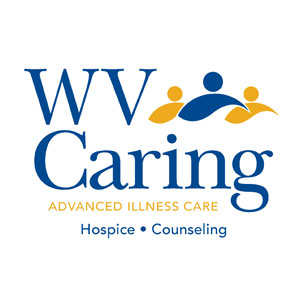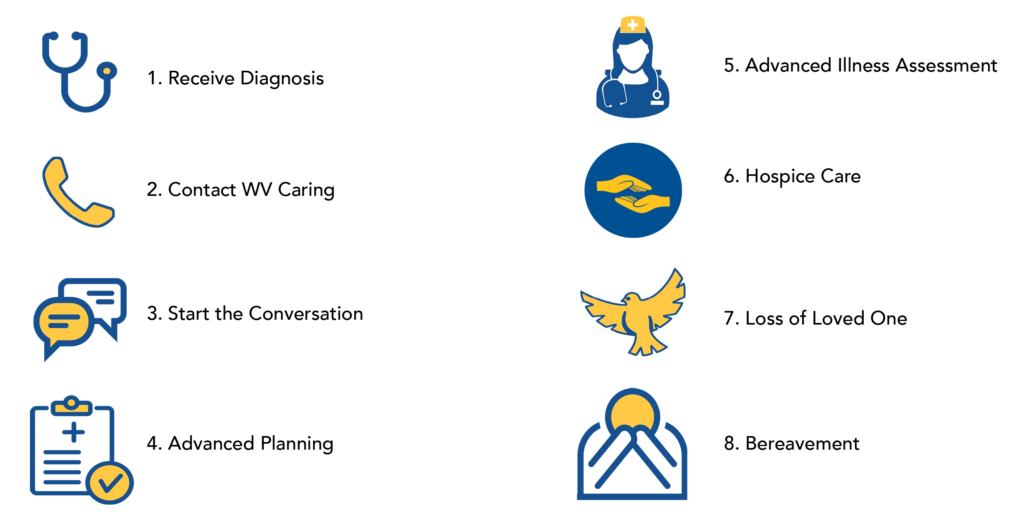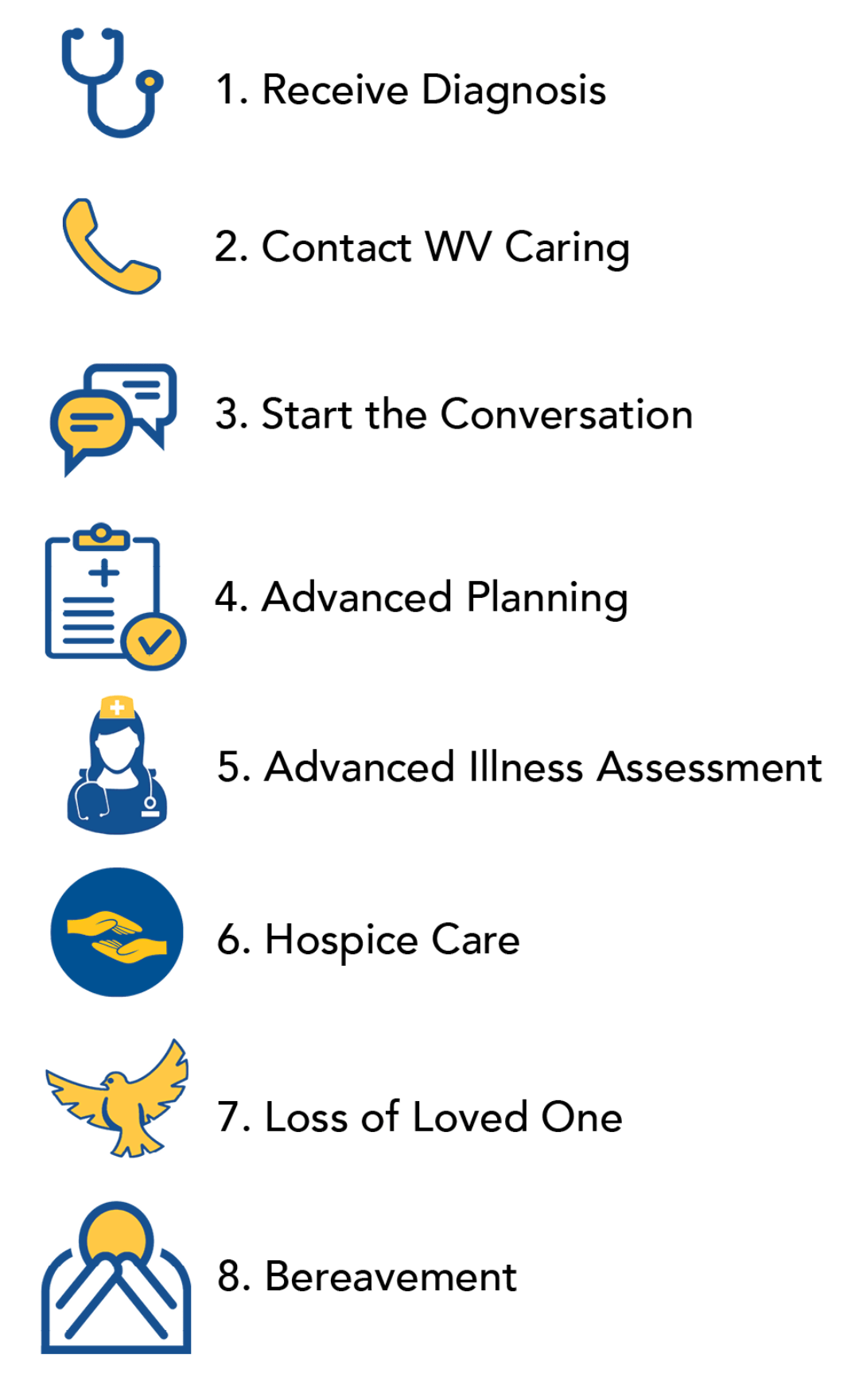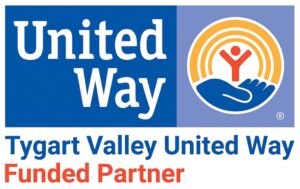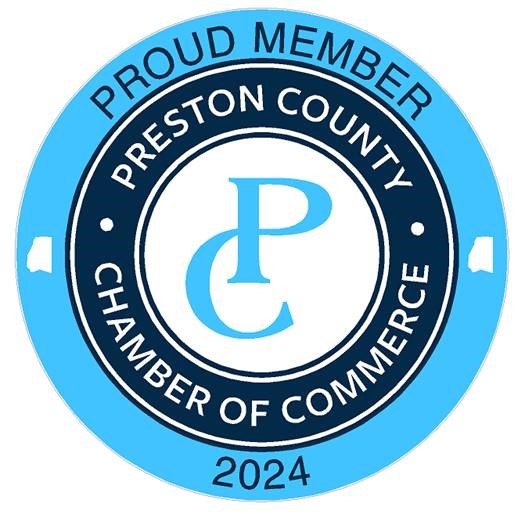Call 1-866-656-9790 today!
Our support is a toll-free phone call away. Our Access Center will start the ball rolling to get you the help you need.
Call 1-866-656-9790 today for support!
PATIENTS AND FAMILY
Life Doesn’t Have to be Hard
We’re Here to Support You
Does Your Loved One Need Hospice Care?
One of the most common questions our staff gets is, “When is it time for hospice care services?” As a family member, it can be difficult to recognize the signs that hospice is needed. As a leading hospice provider in West Virginia, it is our job to help you decide when the time is right. Here are seven signs that your loved one needs hospice care:
WV Caring understands that struggling with a life-limiting illness is difficult for you or a loved one. Caring for a loved one with a life-limiting illness can be challenging to find the right kind of care and support. With so many decisions to make, it’s hard to know what you need to do, and we will be by your side to guide you. As the illness progresses, you may find that treatment may not be working, the symptoms of the disease will increase and the quality of life will continue to decline. At this time, a different approach to care should be considered so, you or your loved one will receive the right care at the right time.
1. Care that’s right for you
2. Hospice services
3. End-of-life journey
4. What are the benefits of hospice?
5. Who pays for hospice?
6. Who is eligible for Medicare hospice benefits?
7. What does Medicare cover?
8. What doesn’t Medicare hospice benefit cover?
9. Frequently asked questions about hospice
10. Start the conversation and make your wishes known
11. Document your wishes with advance directives
12. Bereavement – grief and Loss
WV Caring understands that struggling with a life-limiting illness is difficult for you or a loved one. Caring for a loved one with a life-limiting illness can be challenging to find the right kind of care and support. With so many decisions to make, it’s hard to know what you need to do, and we will be by your side to guide you. As the illness progresses, you may find that treatment may not be working, the symptoms of the disease will increase and the quality of life will continue to decline. At this time, a different approach to care should be considered so, you or your loved one will receive the right care at the right time.
1. Care that’s right for you
2. Hospice services
3. End-of-life journey
4. What are the benefits of hospice?
5. Who pays for hospice?
6. Who is eligible for Medicare hospice benefits?
7. What does Medicare cover?
8. What doesn’t Medicare hospice benefit cover?
9. Frequently asked questions about hospice
10. Start the conversation and make your wishes known
11. Document your wishes with advance directives
12. Bereavement – grief and Loss
When is it time to tap into WV Caring’s comprehensive services? There can be a natural hesitation when it comes to picking up the phone to ask for help. If you are considering accessing our services, it’s likely because you want experienced, high quality, comprehensive care to stay in your home. This does not just mean expert medical care; it may also mean emotional and spiritual support.
You or your loved one may be experiencing one or more of the following challenges. If so, it’s time to call us.
Significant Pain:
Significant pain that can’t be relieved, which may include physical, emotional or spiritual pain. Physical pain can be managed through care. Emotional or spiritual pain can be addressed through counseling, where you can work with licensed social workers, certified chaplains and counselors.
Unintended Weight Loss:
If you have lost a lot of weight over the past few months and have a marked loss of appetite, it may be time to call WV Caring. A lack of appetite is your body’s way of saying that it is too tired to digest food, which could signal a serious health problem.
Sleeplessness:
If you are consistently having a hard time getting to sleep or staying asleep, you may benefit from our services. Getting sound sleep is important for you to function well during the day, especially in the face of a serious disease or illness.
Fatigue:
If exhaustion is your constant companion, even after a full night’s sleep, you likely could use WV Caring support in your home. When formerly simple tasks, such as picking up your purse, doing light housework or getting up from your chair, start to feel strenuous, it’s time to ask for help.
Breathlessness:
Breathlessness, or what is medically known as “dyspnea” (disp-nee-uh), can be uncomfortable, exhausting and frightening. Simply put, it means you are frequently out of breath and/or requires oxygen.
Loss of Mobility:
If you find it difficult to walk to the bathroom at night or to your car in the parking lot, climb stairs, or use a walker or cane, these are signs that WV Caring might be able to help.
Lack of mobility is frustrating for many people who have always enjoyed their independence. We have care teams to help you manage your day-to-day life by running errands for you, providing physical and occupational therapy and offering general support with activities of your daily living.
Forgetfulness:
You may feel a bit more confused, forgetful or disoriented than usual. You may find yourself failing to remember even the simplest of facts, or having a difficult time fulfilling basic tasks. This could mean that you are more fatigued, are experiencing neurological problems, or have dementia. Or, you may have another condition that is impairing your ability to remember things clearly.
Too Many Visits to the ER:
When you start to feel your life revolves around your illness, call our Access Center. We can help you examine your options to get coordinated comprehensive care, rather than exhausting yourself between doctors’ visits, picking up prescriptions and worrying about the next emergency. If you have been to the hospital more than once in the last few months or have frequently visited your local emergency room or urgent care center, please give us a call today! We can help you stop this downward cycle.
Emotional Distress:
As you cope with a serious illness, you may experience feelings of loss, emotional distress, fear and depression. It is common to feel sad, anxious and grief-stricken as your day-to-day life begins to change. The truth is, living with an advancing disease is tough. WV Caring is here to help you navigate this emotional terrain with our expert staff. We have some of the finest counselors and spiritual staff in the region who can sit down and lend an ear, a shoulder to cry on, as well as some words of support.
Hospice may be an option for you or a loved one living with a life-limiting illness when the treatment goals have changed from curative to caring. Hospice is specialized in comprehensive care and support that works to create comfort and ease for the patient and family. It helps the patient and family prioritize the wishes of the patient and family.
Hospice care depends on a physician’s certification that an individual’s prognosis is a life expectancy of six months or less if the terminal illness runs its normal course. A specially trained team of professionals and caregivers provide care for the “whole person,” including physical, emotional, social and spiritual needs.
WV Caring offers compassionate, patient-centered care to individuals with a life-limiting illness, at end-of-life. This includes expert medical care, pain and symptom management, emotional and spiritual support and support for the entire family. It treats the symptoms of the disease to help the patient be more comfortable and improved quality of life.
Our goal is for our patients and their families to spend valuable time together for as long as possible. WV Caring offers services to wherever they call home: private residences, assisted living facilities, nursing homes or hospitals. Hospice, Medicare’s first proven coordinated care model, can include:
- Medical care can include nurses, physicians and clinical nursing aides.
- Social workers help patients and their families deal with emotional and financial difficulties.
- Pain and symptom management to make the patient feel as comfortable as possible so that their quality of life is not affected.
- Medical equipment, medications and supplies related to the illness.
- Trained volunteers to provide emotional support, transportation and respite care.
- Spiritual care for the patient and their family members so that they may come to terms with their final days and wishes.
- Grief and loss counseling for the patient’s loved ones.
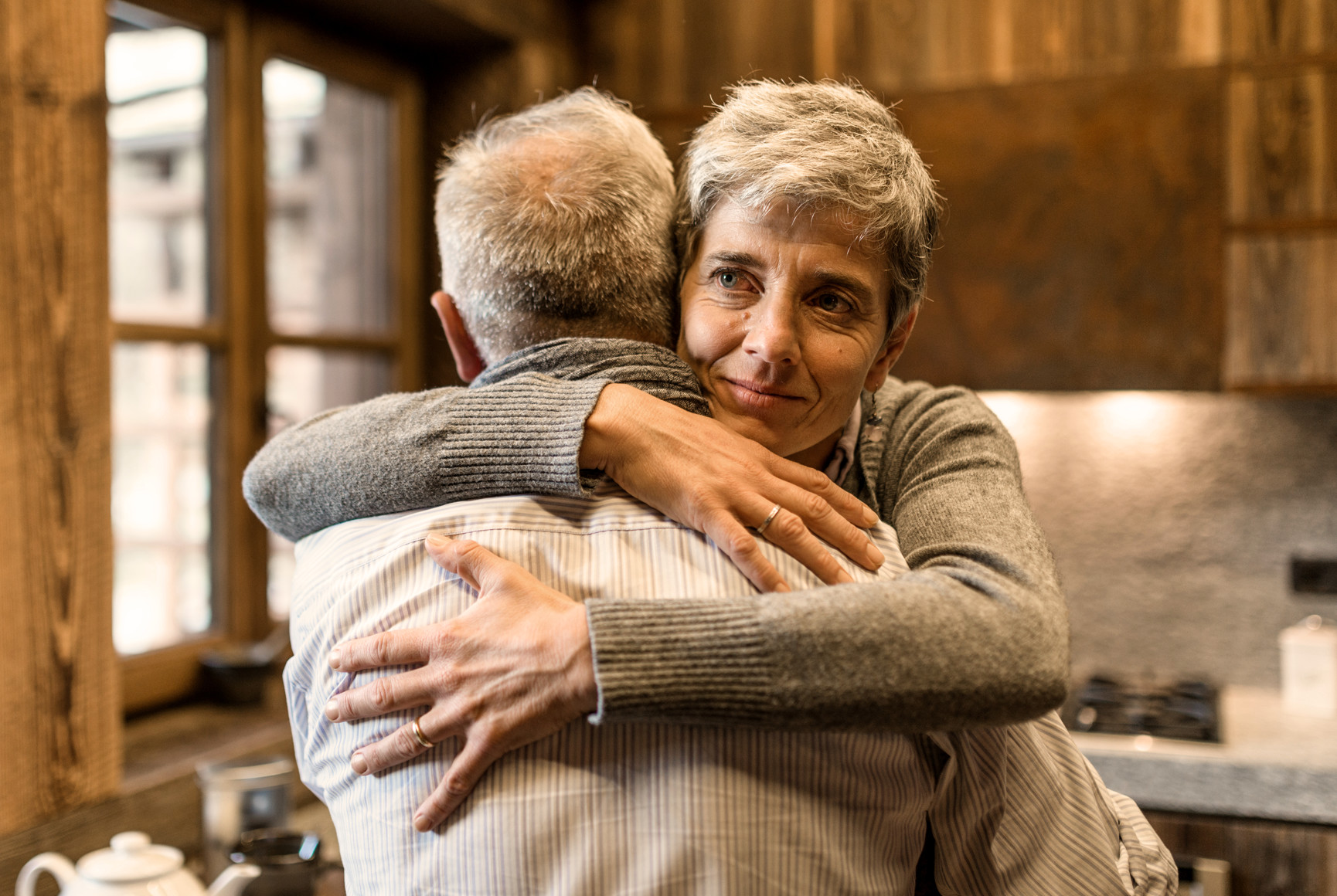
These services are covered in the Medicare Part A benefit, with no out-of-pocket costs for the patient.
Hospice is provided to anyone with a life-limiting illness of which there is no cure. Common medical illnesses that our hospice patients have include:
- Chronic Obstructive Pulmonary Disease (COPD)
- Congestive Heart Failure (CHF)
- Stroke
- Cancer
- Dementia
- Liver Disease
- Neurological Diseases
- End-Stage Renal Disease
- HIV/Aids
- Amyotrophic Lateral Sclerosis (ALS)/Lou Gehrig’s Disease

Hospice:
- Helps people who are terminally ill live comfortably
- Focuses on comfort (palliative care), not on curing an illness
- Provides services, including physical care, counseling, medication, equipment and supplies for the terminal illness and related conditions
- Cares for patients typically in their home
- Supports family caregivers
- Focuses on comfort (palliative care), not on curing an illness
At WV Caring, we want to make the end-of-life journey as comfortable as possible. That is why we have outlined an eight-step process that can help you and your family make informed decisions about hospice care.
When It’s Time for a Different Plan of Care
People living with life-limiting illnesses eventually struggle with finding the right care at the right time. As a disease progresses, treatment may no longer be working; and, the symptoms of the disease will increase with usually more hospitalizations. The quality of life declines. However, this doesn’t mean that care will stop, it is just time for a different approach to care. Hospice can help.
Quality of Life Matters
Hospice will manage the physical pain and symptoms of the disease like shortness of breath, fluid retention and anything else related to the diagnosis. When the physical symptoms are under control, the quality of life improves and that’s important. Comfort is the prescription for hospice – its more that physical care of the patient. Emotional and spiritual issues are addressed along with support for the whole family.
Dignity and Respect for Patient Wishes
Hospice is focused on compassionate care and dignity throughout the end-of-life journey. Older adults want control of their lives, including reaching goals and milestones as well as respecting their final wishes.
Care at Home
Many older adults would like to receive their care at home – staying in place in a familiar environment. Hospice can be provided wherever that person lives – nursing home, assisted living or a facility. Studies show that most people would prefer to die in the comfort of their home surrounded by their loved ones, friends and pets. Unfortunately, a high percentage of older adults die in hospitals and facilities receiving treatments, life saving measures and care they may have not wanted.
Relief of Financial Burden
Hospice costs are typically covered by Medicare at 100% so there is no financial burden to the patient, surviving spouse and family. This is a concern for many patients, and this eases everyone’s minds.
Caregivers and Families Support
One major component of care is the support that caregivers and families receive. Education, training and our team are there to help lessen the load of caregiving for a loved one. Volunteers are available for companionship and respite is covered under the Medicare benefit so caregivers can take a break. After the passing of a loved one, bereavement is there for one year to help the family and caregivers work through their loss.
It’s never too early to start looking into end-of-life care for you or a loved one. Studies show the earlier the care starts, patients live on average 29 more days, which can be a lifetime.
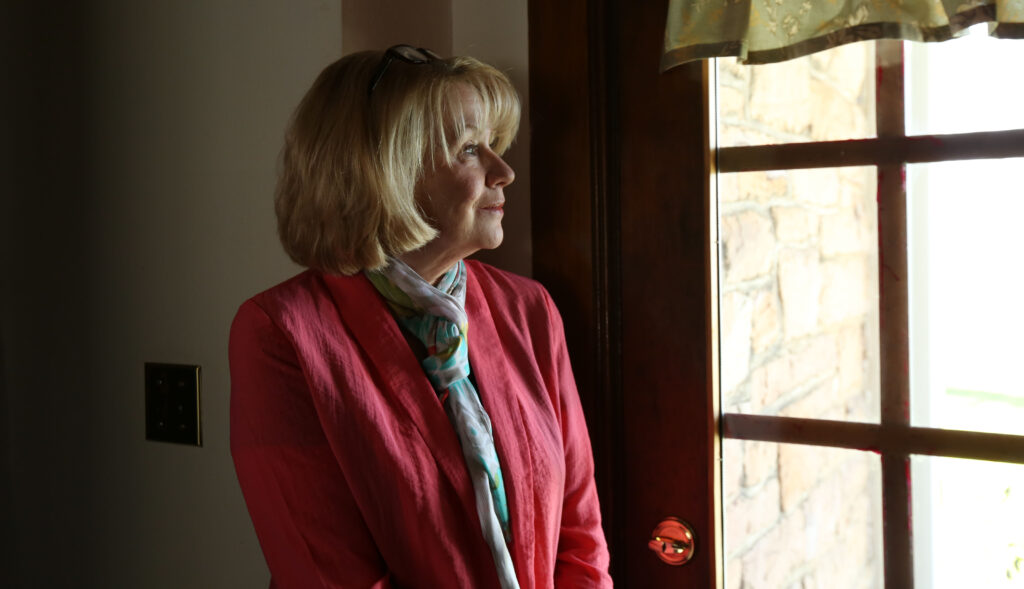
Medicare Hospice Benefit
The Medicare Hospice Benefit is covered under Medicare Part A (hospital insurance). Medicare beneficiaries who choose hospice care receive a full scope of medical and supports services for their life-limiting illnesses. Hospice care also support the family and loved ones of the person through a variety of services.
More than 90 percent of hospices in the United States are certified by Medicare. Eighty percent of people who use hospice care are over the age of 65 and are entitled to the services offered by the Medicare Hospice Benefit. This benefit covers all the care related to the terminal illness (and related illness) that is determined medically necessary by the hospice physician. If there is a medical condition that is not related to the terminal illness or related illness, the Medicare coverage you had before electing the hospice benefit will cover these illnesses.
Sometimes a person’s health improves, or their illness goes into remission. If that happens, the hospice physician may feel that you no longer need hospice care. If this happens, you will be discharged from hospice and return to the care and the Medicare coverage you had before electing the hospice benefit.
Also, you always have the right to stop receiving hospice care at any time and for any reason. If you stop your hospice care, you will receive the type of Medicare coverage that you had before electing hospice. If you are eligible, you can go back to hospice care at any time in the future.
You are eligible for Medicare hospice benefits when you meet all the following conditions:
- Helps people who are terminally ill live comfortably
- You are eligible for Medicare Part A (Hospital Insurance)
- Your doctor and the hospice medical director certify that you have a life-limiting illness and if the disease runs its normal course, death may be expected in six months or less, and
- You sign a statement choosing hospice care instead of routine Medicare covered benefits for your illness*
- You receive care from a Medicare-approved hospice program.
*Medicare will still pay for covered benefits for any health needs that aren’t related to your life-limiting illness or related illnesses.
Medicare defines a set of hospice core services, which means that hospices are required to provide these set of services to each person they serve, regardless of the person’s insurance.
Medicare covers these hospice services and pays nearly all of their costs:
- Doctor services
- Nursing care
- Home health aide and homemaker services
- Social work services
- Therapy services (Physical, occupational and speech therapy as determined medically necessary by hospice physician)
- Dietary counseling
- Medical equipment (like wheelchairs or walkers)
- Medical supplies (like bandages and catheters)
- Medication for symptom control and pain relief
- Short-term care in the hospital or skilled nursing facility for pain and symptom crisis management
- Inpatient respite for caregiver relief
- Short-term hourly care in the home for a pain and symptom crisis management
- Grief support to help you and your family during and after hospice services
You will only have to pay part of the cost for outpatient drugs and inpatient respite care.

Treatment intended to cure your illness.
You will receive comfort care to help manage symptoms related to your terminal illness. Comfort care includes medications for symptom control and pain relief, physical care, counseling, and other hospice services.
Medications not directly related to your hospice illness or related illnesses are not covered under the Medicare Hospice Benefit.
Hospice team members will consult with the hospice physician and will tell you and your family which drugs and/or medications are covered, and which ones are not covered under the Medicare Hospice Benefit. Hospice uses medicine, equipment and supplies to make you as comfortable as possible. Under the hospice benefit, Medicare won’t pay for treatment where the goal is to cure your illness. You should talk to your doctor if you are thinking about potential treatment to cure your illness. You always have the right to stop at any time to seek curative care.
Care from Another Provider When You Elect Your Hospice Benefit
All care that you receive for your terminal illness or related illnesses must be approved and provided by your hospice team. If you receive care for your terminal illness or related illnesses without hospice approval, you could be liable for the cost.
Nursing Home Room and Board
Room and board are not covered by the Medicare Hospice Benefit. You may receive hospice services wherever you live, even in a nursing home. However, the Medicare Hospice Benefit does not pay for nursing home room and board. The cost for room and board would be an out of pocket expense. If you are eligible for Medicaid, Medicaid will cover room and board charges.
Are hospice services only for the elderly?
No. People of all ages, including infants, may receive our care.
Why would hospice appeal to a loved one or me?
Hospice is special because it concentrates on care, not cure. It enables people with a terminal illness to make decisions about how and where they want to spend the rest of their lives. Hospice care treats the whole patient. The family is viewed as part of the unit of care. It emphasizes pain control and living life fully.
When is the right time to ask about hospice?
You can learn about hospice anytime, so you have information when it’s time for hospice to become involved. So, now is the best time to learn more about hospice and ask questions about what to expect from hospice services. Although end-of-life care may be difficult to discuss, it is best for family members to share their wishes long before it becomes a concern. This can greatly reduce stress when the time for hospice is needed. By having these discussions in advance, patients are not forced into uncomfortable situations. Instead, patients can make an educated decision that includes the advice and input of family members and loved ones. To start the end-of-life care conversation, download our conversation sheet.
When is it Time to Consider Hospice?
Hear from a caregiver and her mother’s experience with hospice care below.
While hospice is for patients with a terminal illness, hospice care is provided to the patient at any time within the diagnosis of a serious illness. It may be time to consider hospice care when the effects of the patient’s advanced illness begin to impact their quality of life and daily activities, despite the best care received by medical professionals.
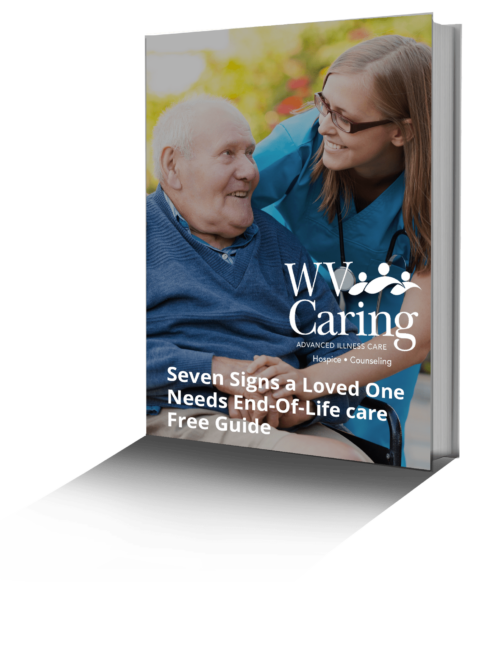
If you aren’t sure your loved one needs hospice care, download our guide to learn the seven signs a loved one needs end-of-life care here.
At WV Caring, hospice care assists patients in achieving the best possible quality of life by reducing the physical and emotional burden of the advanced illness journey. Our knowledgeable staff will provide patients with a better understanding of their condition and choice of care including symptom management.
End-of-Life Care Conversation
For anyone who has not started the end-of-life care conversation, the time is now. At WV Caring, we believe that talking about what the patient wants at the end of their life with their loved ones and care team is important. Talking through their wishes can give everyone a shared understanding of what matters most to them, such as: healthcare treatments in the event of a medical crisis and where they would prefer to die.
To learn more about the end-of-life care conversation, click here.
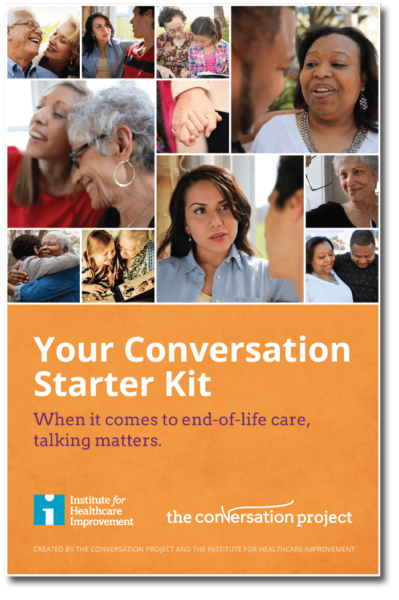
Download our free starter kit to use when you are getting ready to tell someone else what you want, or to help someone else get ready to share their wishes.
How Can WV Caring Help with End-of-Life Care?
Late referrals do happen, but it is best to start looking at your options sooner rather than later. At WV Caring, we understand that even if a patient has the same symptoms as someone else, every patient’s treatment will be different. This is why our knowledgeable staff is able to talk to everyone, even if they aren’t ready to receive hospice.
If your loved one is questioning whether it’s the right time to look at end-of-life care services, let us know. We can answer any questions you or they may have. Our number is 1-866-656-9790.
It’s never too early to let your loved ones know what you want and don’t want at end-of-life. Will you want curative and aggressive treatments to the end? Will you want life-sustaining efforts for as long as it can be done, which could include ventilators that would breathe for you, or dialysis which do the work of your kidneys. And, there are other considerations, will you want to sustain measures that include an IV for fluids and/or feeding tubes that provide nutrition directly into your stomach if you could not eat or drink. This is a lot to take in especially if you or your loved one is in an acute healthcare situation or an advanced disease of which there is nothing more that can be done. At this time, there are life or death decisions to make.
On the other hand, you may want to choose a different plan of care such as comfort measures that focuses on the quality of life for a person as long as the disease runs its course. This includes palliative or hospice care that would treat pain and other symptoms of the illness. It’s important to know that not choosing aggressive treatment does not mean any medical treatment at all. A person would still receive food, fluids pain medicines, antibiotics, other medicines and treatments, which is considered palliative or comfort measures. Would you want to be resuscitated, CPR, if your heart stops beating or if you stop breathing? As one ages, there are a lot of consequences with resuscitation on the body itself and can cause more damage. A lot of seniors have Do Not Resuscitate (DNR) orders in place, which are instructions to NOT use CPR if breathing or heartbeat stops.

So, there are several steps to take to ensure your wishes are known before you become too ill or are unable to make decisions for yourself.
The best course of action is to plan when you are healthy before there is a crisis. Complete your advanced directive, which is a legal document that explains how you want your medical decisions to be made, when or if you cannot speak for yourself. Having an advanced directive in place guides your loved ones and your health care providers to carry out your wishes. It also relieves them of the burden and responsibility to make choices for you that you may not want in the end. Advance Directives apply only to medical and healthcare decisions. Financial matters are dealt with in other necessary forms. The laws and forms are different in each state, you’ll want to follow the laws for the state you live in. In West Virginia the advance directives include a combined Medical Power of Attorney and a Living Will, which protects your right to refuse medical treatment you do not want or to request treatment you do want in the event you have no capacity to make decisions on your own. The Medical Power of Attorney allows you to appoint an adult representative to make decisions about your health care, including life-prolonging interventions. This person can step in anytime you are unable to make them yourself.
The WV Center for End-of-Life Care is one of the leaders in advance directives in the nation. The Center provides West Virginians with information and all of the necessary forms to complete, so families can make informed decisions and make their wishes heard. In addition, they created an E-directive Registry OPT-IN Form that uploads an individual’s information so it can be accessed from multiple healthcare providers in the event they need to access a person’s information quickly. It’s all right there. The Center has the necessary forms you need to complete and can be uploaded into the Registry. Click here to reach the WV Center for End-of-Life Care for more information and necessary forms to complete.
Losing a loved one is a very difficult part of life and it is never easy. Grieving is very personal and each individual grieves in their own way.. WV Caring begins to address this process from the moment the patient enters our care, as we attend to the immediate needs of the patient and their family, which includes a Pre-Bereavement Assessment by one of our Social Workers. Through this assessment we are able to determine where the patient and the family are in the grieving process and identify their needs accordingly Our professional Grief and Loss staff are available for assessment and support not only after a loved one dies, but also throughout the end-of-life journey, should the Treatment Team identify pre-bereavement needs. Sometimes anticipatory grief begins early in process and this gives us an opportunity to address concerns and help each family member through their individual journey. Our Grief and Loss Staff recognize that every grief journey is unique and care is tailored to the individual helping them identify and process their emotions, and to utilize existing, and develop new, coping skills and tools that they will need as they move forward.
At WV Caring, we also understand that the grieving process does not end at the loss of a loved one, but that Bereavement is a normal, ongoing and healthy step in moving forward with life.. WV Caring provides 12 months of free and voluntary bereavement support for the family after the death of a loved one. This can be in the form of on-going phone contacts, supportive counseling, support groups, Grief Education and Informational materials, information and referral to clinical grief therapy, community and social service resources and other basic needs programs, and for children and youth, our Camp Caring.

Bereavement Support Groups: Holiday Support Groups
WV Caring holds support groups at different times of the year for those who have suffered a loss. In support groups, individuals can learn coping skills and gain insight into the grief process. These are held in a confidential setting with others who have suffered the loss of a loved one. Group attendees will gain knowledge of helpful coping skills and gain insight into the grief process. These groups may be held using a Phone Drop-In Model or in_person, dependent upon the current status of the COVID Pandemic. Grief and Loss Staff can also provide information on available in-person support groups available in your local community.
CAMP CARING
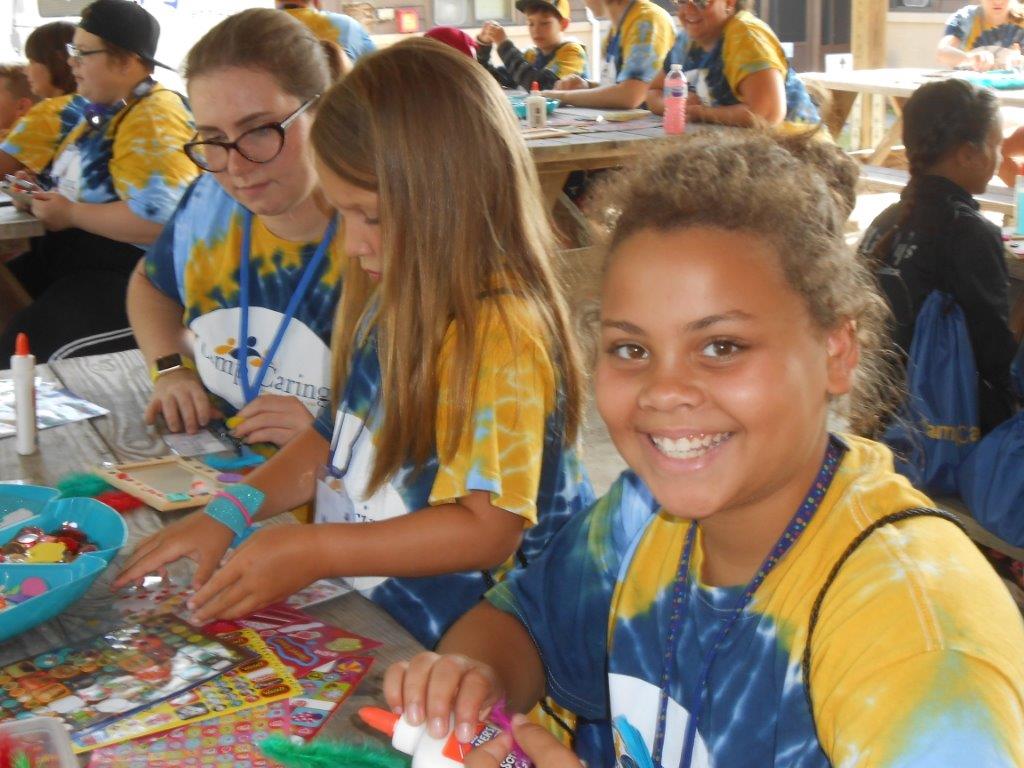
A FREE ONE-DAY BEREAVEMENT CAMP FOR CHILDREN
For children ages 6-14 and the adults who love them. Thank you for your interest in attending this year’s Camp Caring. The camp is being held on Saturday, August 5, 2023 at Camp Mountaineer, 187 Mountaineer Camp Road, Morgantown, WV.
Camper and Family Information
Please download (link below) complete and sign the attached registration form and return it as soon as
possible to secure your space. Incomplete information will cause a delay in processing your child’s application
and may result in your child being unable to attend camp, as space is limited. Once your application has been reviewed and accepted, Camp Director/Bereavement Staff will interview your child. All information and material needed for camp will be provided through email or regular mail once your child has been accepted.
Please note this important information:
- If your child requires special accommodations (i.e., dietary restrictions/physical limitations), please
let us know immediately. We will make every effort to accommodate special needs. - Please plan on bringing your child to camp. Arrival time will be provided with additional camp
information. - Adults are able to attend Camp as well and participate in the adult classes.
- All campers can attend camp only once, so that others have the same opportunity.
To Refer A Child, or to Volunteer:
To download camper application click here
To download volunteer application click here
Email : campcaring@wvcaring.org
Cal l : Sam Leizear 304-599-4200 x 118
Notice of NonDiscrimination
West Virginia Caring complies with applicable federal civil rights laws and does not discriminate, exclude, or treat people differently on the basis of social status, political belief, race, color, religion, national origin, age, sex (including sexual orientation and gender identity) or disability (including mental illness and substance use disorders) with regard to admission, access to treatment, or employment.
West Virginia Caring provides free aids and services to help people with disabilities communicate effectively, such as interpretation services, written information in other formats, and free language services to people whose primary language is not English. If you need these services, please contact WV Caring.
